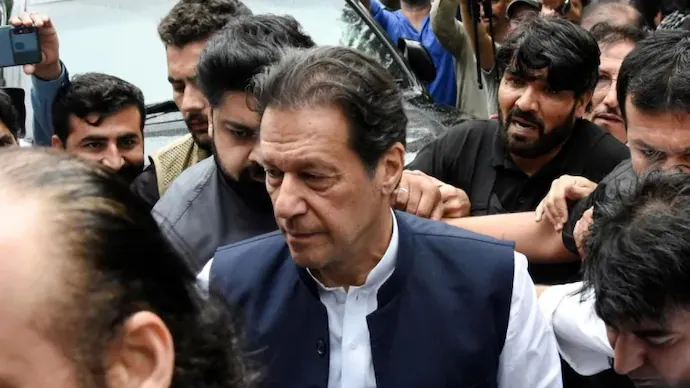Rama Krishna Sangem
The Supreme Court’s five member Constitution bench headed by Chief Justice DY Chandrachud on May 11, Thursday gave moral solace to Shiv Sena’s deposed CM Uddhav Thackeray and gave legal validity to rebel Sen leader and CM Eknath Shinde. This is an interesting judgement by SC in recent times. Going by various analyses, it appears, this will lead to more litigation, if not confusion, in the days to come. There are many contradictory points too in it.
Other four justices on the bench are: MR Shah, Krishna Murari, Hima Kohli and PS Narasimha. Everyone, including political parties, eagerly waited for a year for this judgement. All expected two outcomes – validating Shinde becoming CM or reinstating Uddhav as CM again. The first thing has happened, but the thrust of the judgment is fully in support of Uddhav. Of course, this is moral support, not legal support he expected.
The apex court went to the extent of saying it would have reinstated Uddhav as CM, had he not resigned before taking the floor test. But, refrained from doing so, because, Shinde was appointed CM by then Governor Bhagat Singh Koshari subsequently. At the same time, the court found fault with the Governor for calling for a floor test after receiving a letter of distrust from Shinde group of Sena MLAs.
The verdict said, the Governor need not call for a floor test just because some MLAs express dissatisfaction against their leadership. The Governor should objectively verify the actual situation. But, there are SC judgments, particularly in case of Karnataka, which say, Raj Bhavans (Governor offices) are not the venues, but the floor of the assembly should be the places to decide whether a government enjoys majority or not. So, a floor test is the best solution.
Supremacy of Party
The top court in many ways says that the party leadership is the right authority to appoint a Whip or issue directions to the legislators, not the leader of the legislature party. There are some contradictory rulings earlier – in case of the then CM NTR’s removal of CM, the court upheld rebel ladear Chandrababu Naidu’s power to appoint a whip. Naidu continued as CM after the court judgment.
In Maharashtra, the SC ruled that assembly speaker RahuNarwekar should now verify who among – Uddhav and Shinde – command majority MLAs and recognize their authority. Narwekar, a BJP MLA, would do the job, obviously in favour of Shinde. So, Uddhav Thackeray will again go to SC challenging the order. This indicates to a prolonged legal battle in the corridors of apex court.
There is a view that the top court has not taken note of the developments of Indian democracy, where political parties are held in tight grip of some established leaderships over decades. Whoever wants to rebel will not success, if SC ruling is applied in letter and spirit. If this becomes the rule, it goes against to the spirit of democracy. Constant changes and alignments and realignments are part of democracy. The SC judgment fell short on this emerging situations.



